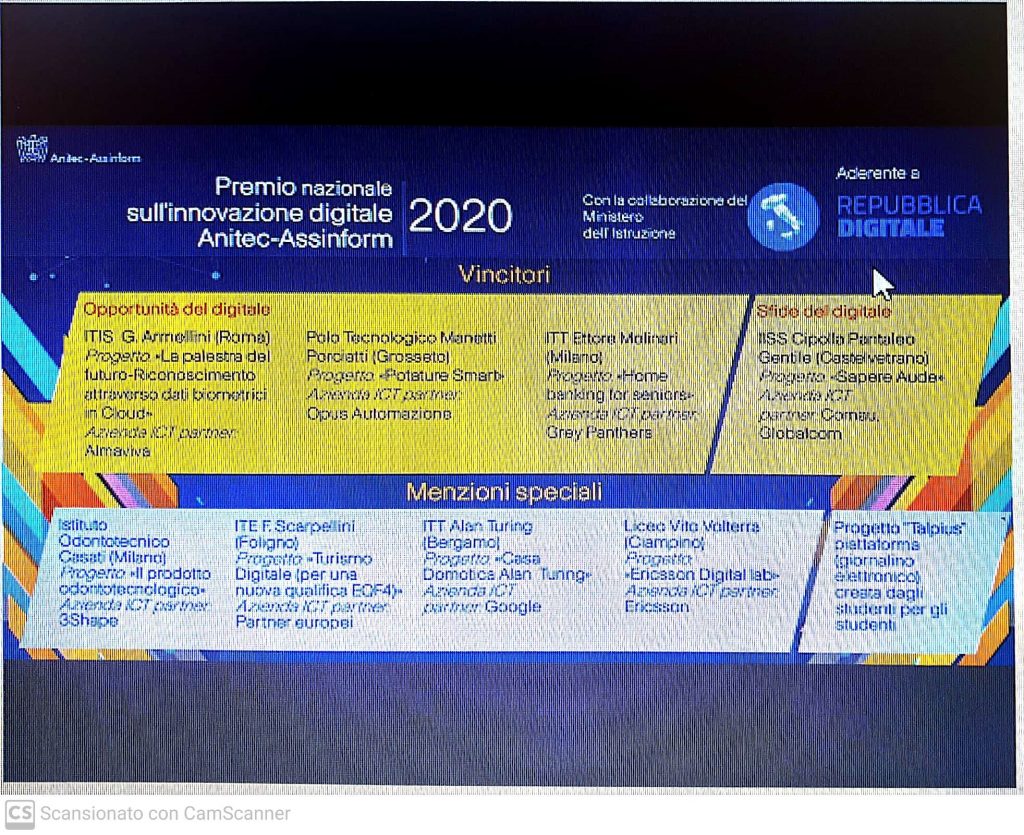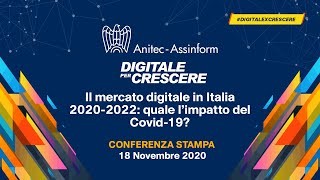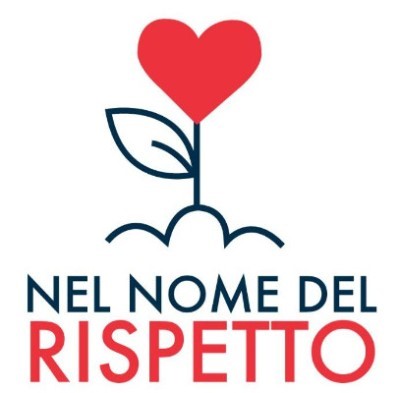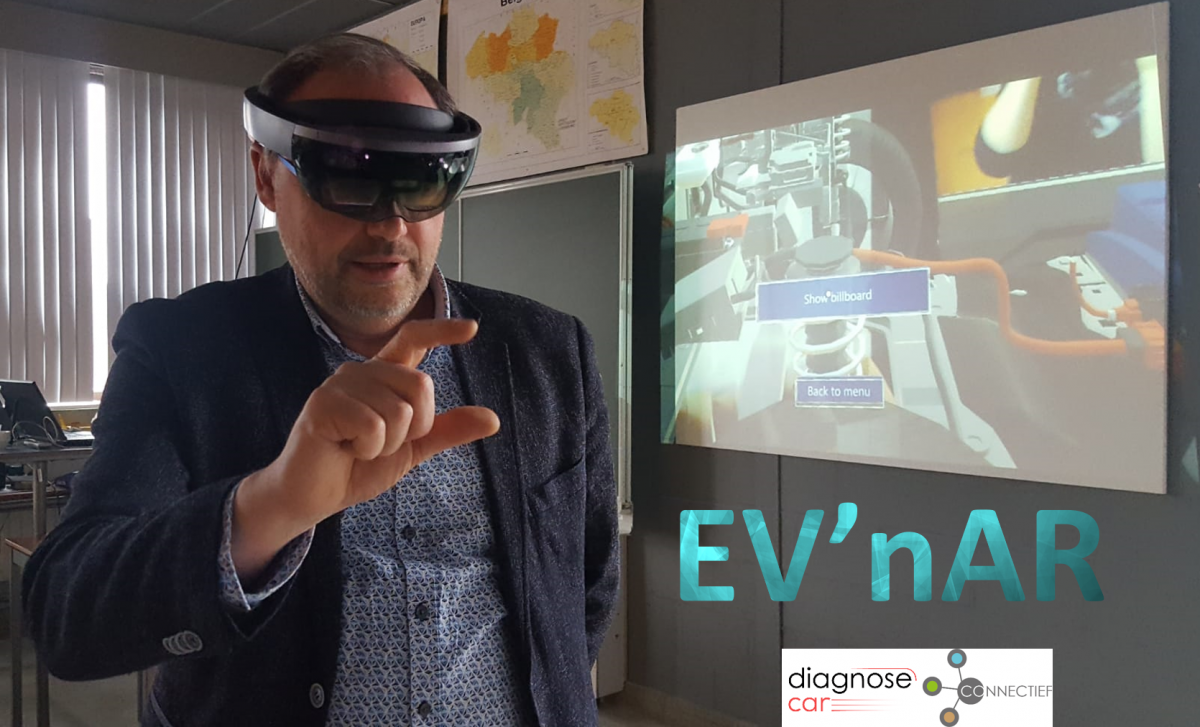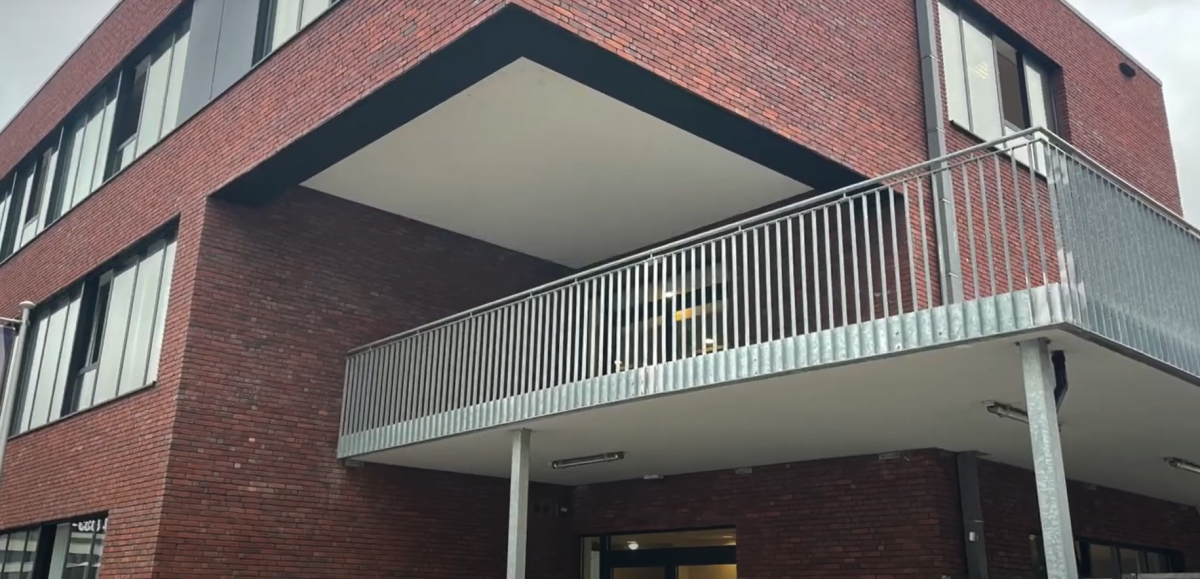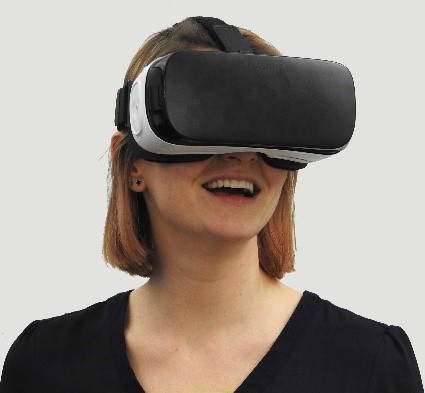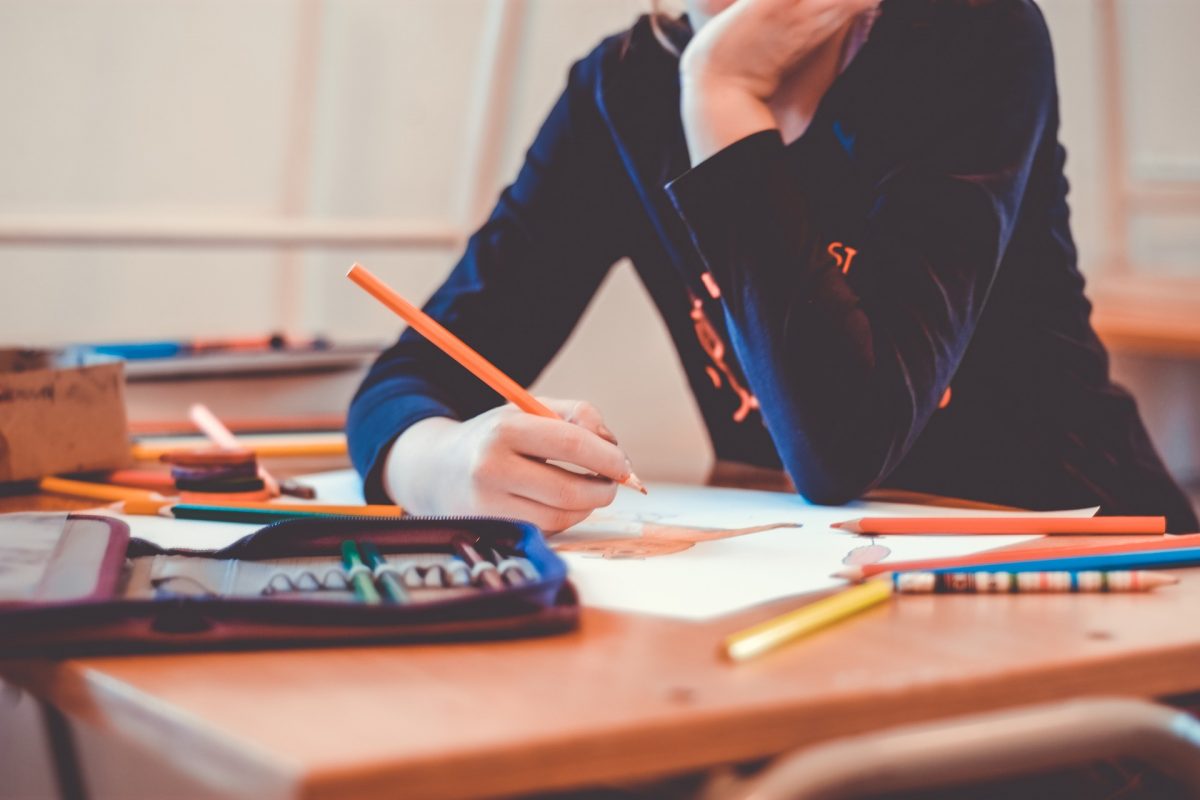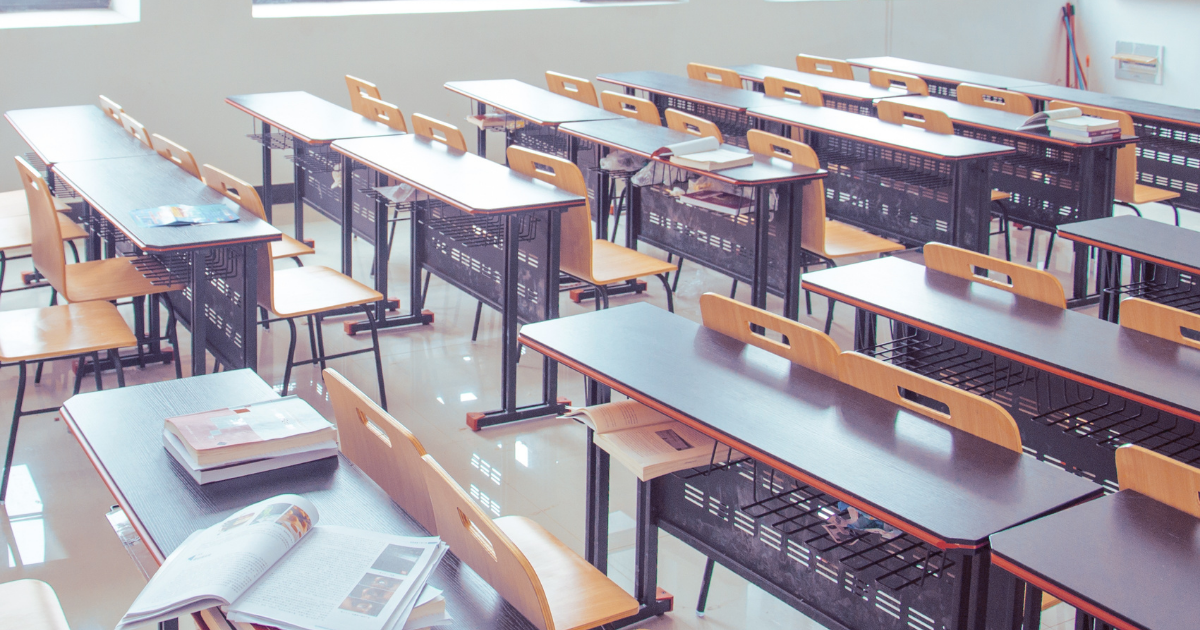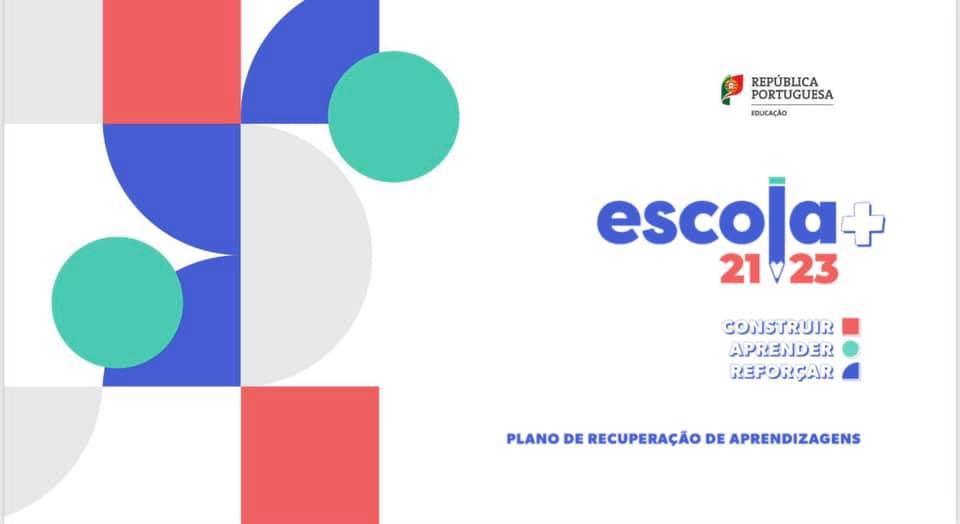Als erstes Ergebnis im Erasmus+ Projekt Competence+,, geführt vom deutschen ENNE-Netzwerkpartner LAB, liegt ein konzeptioneller Rahmenplan vor. Er legt den Grundstein für die Erarbeitung von Lernmodulen und VR-Umgebungen, mit denen Kompetenzen jenseits der reinen beruflichen Fähigkeiten im ÖPNV entwickelt werden sollen. Dafür haben sich die Partner zunächst auf Definitionen der Schlüsselkonzepte geeinigt und sich daraufhin auf Lernergebnisse für die vier Module verständigt, die zielführend für die Themenbereiche Umweltbewusstsein, Konfliktbewusstsein, Stressmanagement und Zivilcourage sind. Daraus werden im weiteren Verlauf des Projektes die konkreten Workshop- und E-Learning- Inhalte entwickelt. Der Rahmenplan wird für Interessierte auf Englisch über die Projektwebseite zur Verfügung gestellt.
Der Hintergrund

Europäische Städte sind auf den öffentlichen Nahverkehr angewiesen und auf die Menschen, die diese Systeme jeden Tag am Laufen halten. Dieser Sektor wird mit zunehmender Stadtbevölkerung und steigenden Nachhaltigkeitsanforderungen immer weiter wachsen.
Mit diesem Wachstum entstehen immer neue Herausforderungen für die Beschäftigten im öffentlichen Nahverkehr, und genau hier kommt „COMPETENCE+: A Blended Learning Programme for Competence Development Beyond Pure Professional Skills“ ins Spiel!
Das Ziel des Projektes ist, eine Weiterbildungsplattform zu schaffen, die sowohl Auszubildende als auch Angestellte im ÖPNV nutzen können, um sich in den Bereichen Umweltbewusstsein, Konfliktbewusstsein, Stressmanagement und Zivilcourage fortzubilden. Dafür wird ein Kurskonzept erstellt, das sowohl eLearning als auch Präsenzschulung umfasst. Das besondere an Competence+ ist, dass Virtual Reality-Szenarien geschaffen werden, die den Lernenden ermöglichen, ihre erworbenen Kenntnisse und Fähigkeiten direkt anzuwenden und zu überprüfen. Das Projekt umfasst zudem ein Anwendungshandbuch für Lehrende, die Competence+ selbst anwenden oder adaptieren möchten.
Interdisziplinäre Zusammenarbeit im Konsortium

Zusammen mit den Verkehrsbetrieben Reus Mobilitat (Spanien) und Straeto (Island) bringen die Koordinatoren Leipziger Aus- und Weiterbildungsbetriebe (Deutschland) die direkte Perspektive des ÖPNV in das Projekt ein, während Wisamar (Deutschland), DomSpain (Spanien) und StandoutEducation (Zypern) ihre Expertise im Bereich der Berufsbildungsprojekte beisteuern. Abgerundet wird die interdisziplinäre Zusammenarbeit durch Virsabi (Dänemark), die ihre ganze Erfahrung als Virtual und Augmented Reality-Expert*innen in das Projekt mit einbringen.
Ziele und Ergebnisse
Langfristige Ziele von COMPETENCE+ sind:
- das Wissen und die Fähigkeiten von Auszubildenden und Mitarbeiter*innen verbessern
- Beschäftigungsmöglichkeiten verbessern
- das Bewusstsein in der Öffentlichkeit für die Belange und Bedürfnisse der Mitarbeiter*innen im öffentlichen Nahverkehr erhöhen.
- die Bindungen in der Gemeinschaft stärken und die Sicherheit in der Gemeinschaft durch Training in Zivilcourage erhöhen.
- die europäische Zusammenarbeit fördern
Das Projekt läuft seit November 2020 bis April 2023. Aktuelles zum Projekt gibt es auf Facebook @CompetencePlusEU und auf der Projekt-Webseite www.competenceplusproject.eu!
